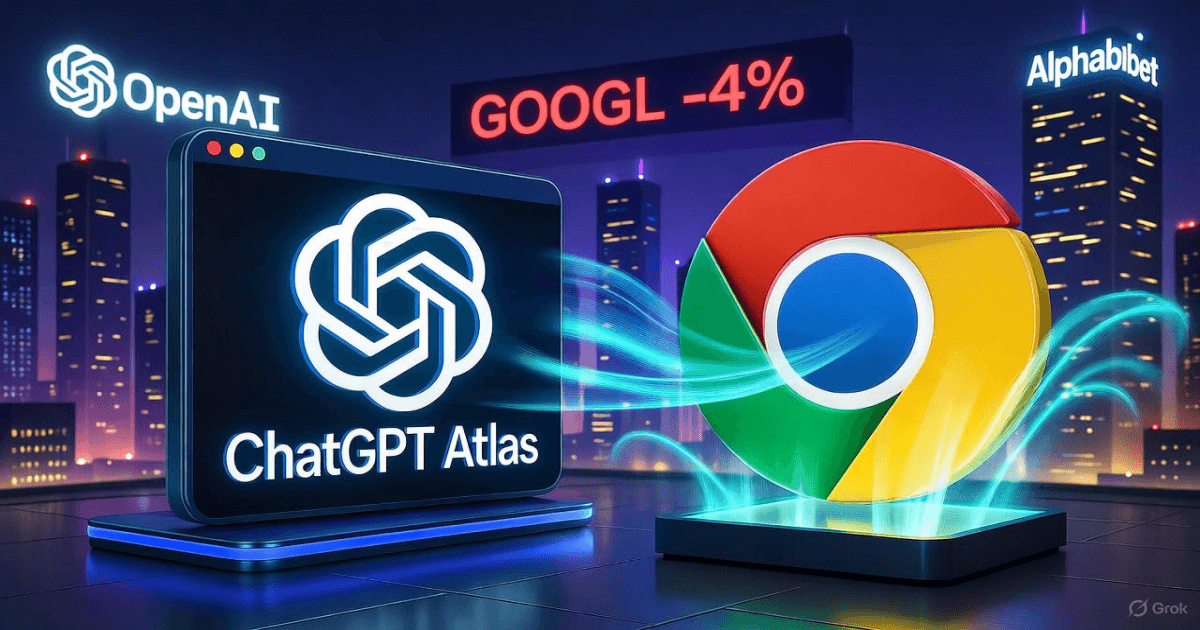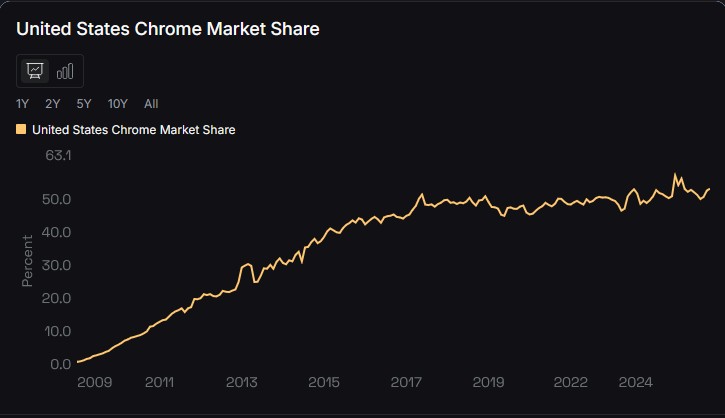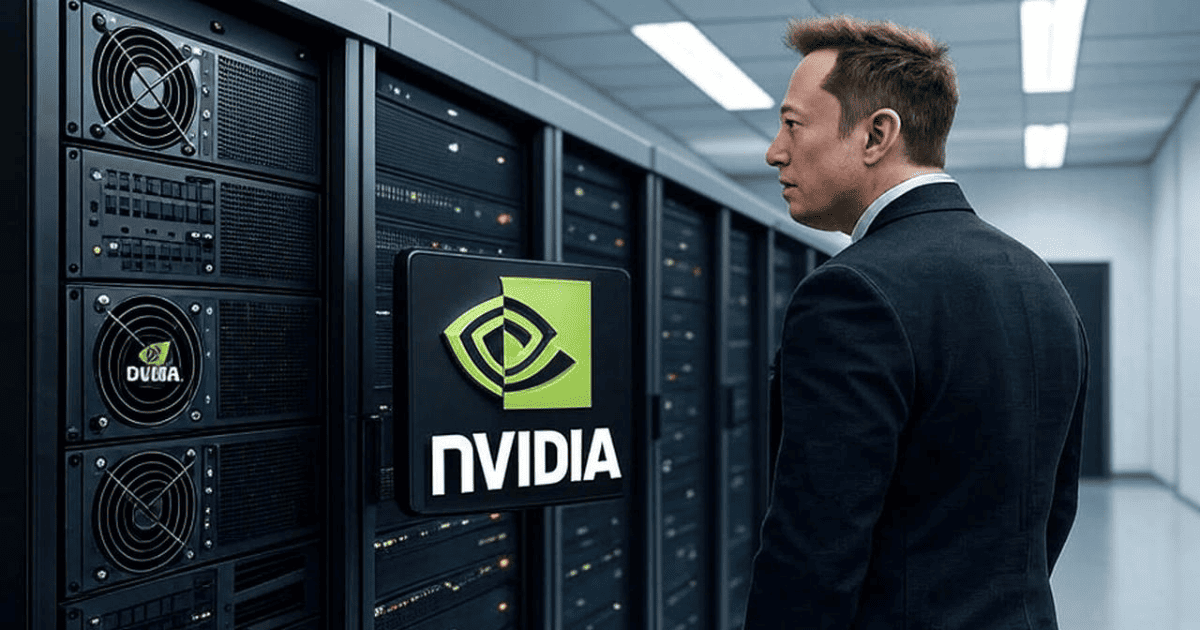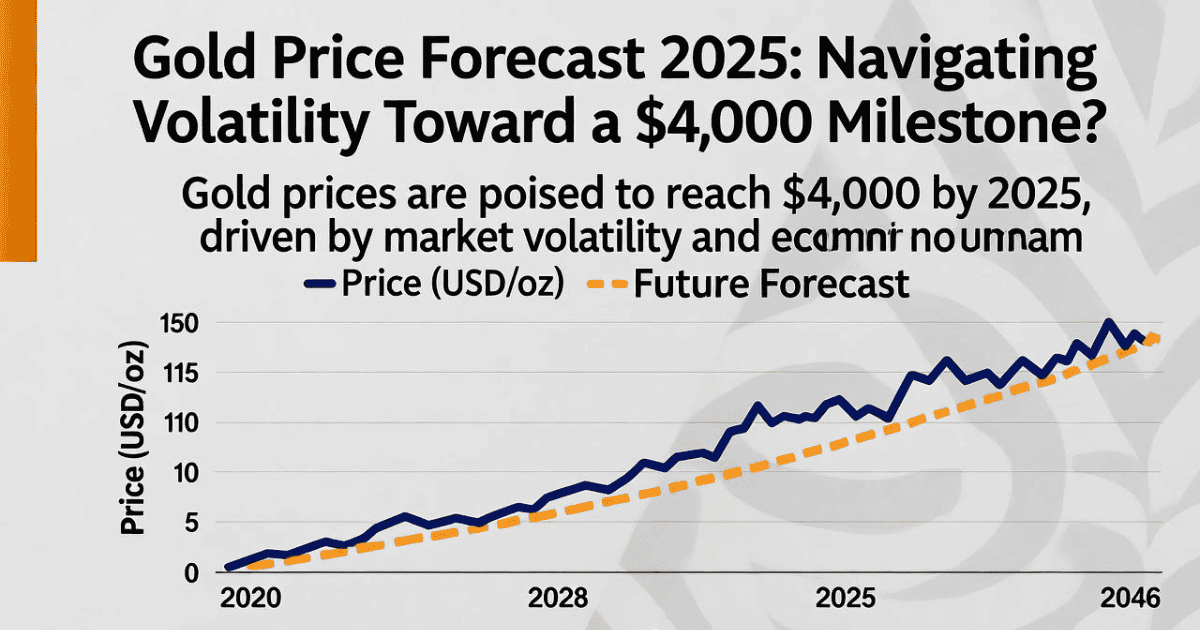
Table of Contents
- OpenAI’s Bold Move into the Browser Wars
- The Financial Impact on Alphabet: Stock Slides and Investor Concerns
- Alphabet Stock Reaction
- Why Investors Are Worried
- ChatGPT Atlas: Key Features and Market Differentiators
- AI-Powered Browsing Experience
- Strategic Advantages Over Chrome
- The Broader Financial Implications: Who Stands to Gain?
- OpenAI’s Revenue Potential
- Google’s Defensive Moves
- Market Share Predictions: Can Atlas Challenge Chrome’s Dominance?
- The Uphill Battle
- Long-Term Outlook
- A Turning Point for the Tech Industry
- Key Takeaways for Investors
OpenAI’s Bold Move into the Browser Wars
On October 21, 2025, OpenAI officially launched its AI-powered web browser, ChatGPT Atlas, marking a pivotal moment in the tech industry’s ongoing . This strategic move positions OpenAI in direct competition with Google’s Chrome, the world’s most dominant browser with over 3 billion users and a 71.9% global market share. The announcement sent immediate shockwaves through financial markets, with Alphabet’s stock dropping by up to 4% as investors reacted to the potential disruption of Google’s core advertising and search revenue streams.
For more insights on how major tech investments impact market dynamics, read about Google’s $15 billion AI data center hub in India.
The Financial Impact on Alphabet: Stock Slides and Investor Concerns
Alphabet Stock Reaction
Within hours of OpenAI’s announcement, Alphabet’s shares experienced a notable decline, falling between 2% and 4% across major exchanges. This drop reflects investor apprehension about the long-term implications of Atlas on Google’s advertising-driven business model, which generated $96.43 billion in revenue in Q2 2025 alone.
Why Investors Are Worried
- Advertising Revenue at Risk: Google’s dominance in digital advertising is closely tied to its search and browser ecosystem. Atlas’s AI-driven summarization, task automation, and integrated chatbot could reduce user reliance on traditional search, potentially diverting ad revenue away from Google.
- Market Share Erosion: Chrome’s 71.9% market share is a cornerstone of Alphabet’s ecosystem. If Atlas gains traction, it could fragment this dominance, especially among users seeking more integrated AI experiences.
- Competitive Pressure: OpenAI’s entry intensifies the “browser wars,” with Perplexity AI, Microsoft’s Bing, and others also vying for market share. Google’s recent integration of Gemini AI into Chrome underscores the urgency to innovate.
For a deeper dive into how tech giants are reshaping global markets, explore Trump’s October 15 White House Dinner: What Lockheed, Microsoft, Amazon, Google, Meta, and Palantir Mean for Wall Street.
ChatGPT Atlas: Key Features and Market Differentiators
AI-Powered Browsing Experience
Atlas is not just another browser; it is a fully integrated AI platform. Key features include:
- Real-Time Summarization: Atlas uses ChatGPT to summarize web content, answer questions, and automate tasks directly within the browser.
- : Available to ChatGPT Plus and Pro users, this feature allows the browser to autonomously navigate the web, book appointments, and complete complex tasks on behalf of the user.
- Cross-Platform Availability: Initially launched on macOS, Atlas will expand to Windows, iOS, and Android, ensuring broad accessibility.
Strategic Advantages Over Chrome
- Seamless Integration: Unlike Chrome’s bolt-on AI features, Atlas is built from the ground up with AI at its core, offering a more cohesive user experience.
- Data and Personalization: Atlas leverages user browsing history and preferences to deliver highly personalized, context-aware assistance—a potential game-changer for user engagement and retention.
The Broader Financial Implications: Who Stands to Gain?
OpenAI’s Revenue Potential
While Atlas is free at launch, its advanced features are reserved for premium subscribers. This strategy could drive significant growth in , especially as users upgrade to access Agent Mode and other exclusive functionalities. Additionally, Atlas’s ability to capture browsing data could open new avenues for targeted advertising, further diversifying OpenAI’s revenue streams.
Google’s Defensive Moves
Google is not standing idle. The company has already embedded its Gemini AI model into Chrome and is likely to accelerate innovation in response to Atlas. However, the financial cost of defending its market position could be substantial, potentially impacting Alphabet’s profit margins in the short term.
For more on how tech investments are driving economic security, see JPMorgan Chase’s $10 Billion Investment: A Strategic Move for US Economic Security.
Market Share Predictions: Can Atlas Challenge Chrome’s Dominance?
The Uphill Battle
Chrome’s 3 billion-user base and deep integration with Google’s ecosystem present a formidable barrier. However, Atlas’s AI-first approach could appeal to a growing segment of users who prioritize efficiency and automation. Analysts suggest that even a modest could translate to billions in lost ad revenue for Google over time.

Long-Term Outlook
- User Adoption: The speed at which users adopt Atlas will be critical. Early reviews suggest that while AI browsers are still evolving, Atlas’s unique features could accelerate adoption among tech-savvy consumers and businesses.
- : Both OpenAI and Google may face increased regulatory attention as the browser wars heat up, particularly around .
A Turning Point for the Tech Industry
OpenAI’s launch of ChatGPT Atlas represents more than just a new browser-it is a strategic bid to redefine how users interact with the internet. For Alphabet, the stakes are high, with potential risks to its advertising revenue and market dominance. For OpenAI, success with Atlas could cement its position as a leader in the .
As the browser wars intensify, investors, analysts, and users alike will be watching closely to see whether Atlas can deliver on its promise and reshape the digital landscape.
Key Takeaways for Investors
- Monitor Alphabet’s stock performance for signs of sustained impact from Atlas.
- Watch OpenAI’s subscription growth as a bellwether for Atlas’s market penetration.
- Assess regulatory developments that could influence the competitive dynamics between OpenAI and Google.



